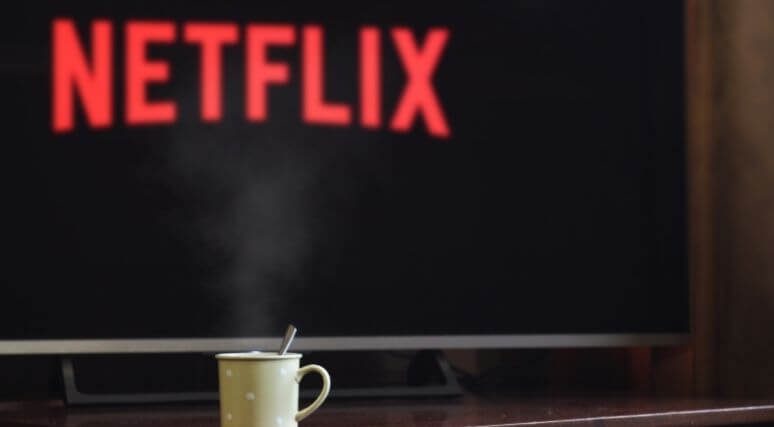This article originally appeared in the Hub.
By Peter Menzies, November 17, 2023
Next week, the Canadian Radio-television and Telecommunications Commission (CRTC) will go live with its efforts to wrestle the internet and those who stream upon it into submission. Whether it fully understands the risks remains unclear.
There are 127 parties scheduled to appear before a panel of commissioners at a public hearing in Gatineau starting November 20. The tone-setting opening act will be Pierre-Karl Peladeau’s always-scrappy Quebecor while the UFC will throw the final punches before the curtain drops three weeks later.
The list of presenters consists mostly of what those of us who have experienced these mind-numbing hearings refer to as “the usual suspects”—interests whose business plans are built around the Broadcasting Act and the requirements of related funding agencies.
The largest Canadian companies will ask the CRTC to reduce its demands upon them when it comes to feeding and watering Big Cancon: the producers, directors, actors, writers, and other tradespeople who make certified Canadian content.
Quebecor, for instance, will be arguing for its contribution to be reduced from 30 percent of its revenue to 20 percent—a draw it proposes be applied to designated streamers. More money from foreign companies and less from licensed domestic broadcasters will be a recurring theme.
But there will also be a new slate of actors—those with business models designed to entertain and attract consumers in a free market—who will be staring down the barrel of CRTC Chair Vicky Eatrides’ stifling regulatory gun for the first time.
Disney+ is set to take the stage on November 29. Meta, the Big Tech bete noire that refused to play along with the Online News Act, is up on December 5.
But the big day will almost certainly be November 30 when Netflix locks horns with the Commission and what appear to be its dangerously naive assumptions.
More than half the streamer’s 30-page submission is dedicated to detailing what it is already contributing to Canada.
Some examples:
- $3.5 billion in investment;
- Thousands of jobs created;
- Consumers are 1.8 times more likely to watch a Canadian production on Netflix than they are on a licensed TV network;
- Le Guide de la Famille Parfaite—one of many Quebec productions it funded—was in Netflix’s global top 10 for non-English productions for two weeks.
Netflix is insisting on credit for what it already contributes. It has no interest in writing a cheque to the Canada Media Fund and takes serious umbrage with the CRTC’s assumption it will.
“The (hearing) notice could be understood to suggest that the Commission has made a preliminary determination to establish an ‘initial base contribution’ requirement for online undertakings,” Netflix states in its submission. “The only question for consideration would appear not to be whether, but rather what funds would be the possible recipients of contributions.
“Netflix submits that this is not an appropriate starting point.”
It gets worse. The CRTC is considering applying some of the non-financial obligations it imposes on licensed broadcasters such as CTV and Global to the streaming world.
Executive Director of Broadcasting Scott Shortliffe told the National Post recently that “Netflix is clearly producing programming that is analogous…to traditional broadcasters” and that it could be expected to “contribute” in terms of the shape of its content as well as how it spends its money.
In other words, the CRTC’s idea of “modernizing” broadcasting appears heavily weighted in favour of applying its 1990s way of doing things to the online world of 2023.
If that’s the case, the Commission is entirely unprepared to deal with the harsh truth that offshore companies don’t have to play by its rules. For decades, primary CRTC hearing participants have been dependent on the regulator. In the case of broadcasters like CTV and cable companies such as Rogers, their existence is at stake. Without a license, they are done. Which means they have to do what the Commission wants. But if the regulatory burden the CRTC places upon the offshore streamers doesn’t make business sense to them, they are free to say, “Sorry Canada, the juice just isn’t worth the squeeze. We’re outta here.”
This is most likely to occur among the smaller, niche services at the lower end of the subscription scale. The CRTC has to date exempted only companies with Canadian revenues of less than $10 million. Any company just over that line would almost certainly not bother to do business in Canada —a relatively small and increasingly confusing market—if the regulatory ask is anything close to the 20 percent commitment being suggested.
Ditto if the CRTC goes down the road Shortliffe pointed to. It would be absurd to impose expectations on unlicensed streamers that are similar to those applied to licensed broadcasters. For the latter, the burden is balanced by benefits such as market protection granted by the CRTC.
For streamers, no such regulatory “bargain” exists. Too much burden without benefits would make it far cheaper for many to leave and sell their most popular shows to a domestic streamer or television network.
The Online Streaming Act (Bill C-11), which led to this tussle, was originally pitched as making sure web giants “contribute” their “fair share.”
So, as it turns out, was the Online News Act (Bill C-18).
That legislation resulted in Meta/Facebook getting out of the news business and Google may yet do the same. As a consequence, news organizations will lose hundreds of millions of dollars. Many won’t survive.
Eatrides and her colleagues, if they overplay their hand, are perfectly capable of achieving a similarly catastrophic outcome for the film and television industry.
Peter Menzies is a Senior Fellow with the Macdonald-Laurier Institute, a former newspaper executive, and past vice chair of the CRTC.






